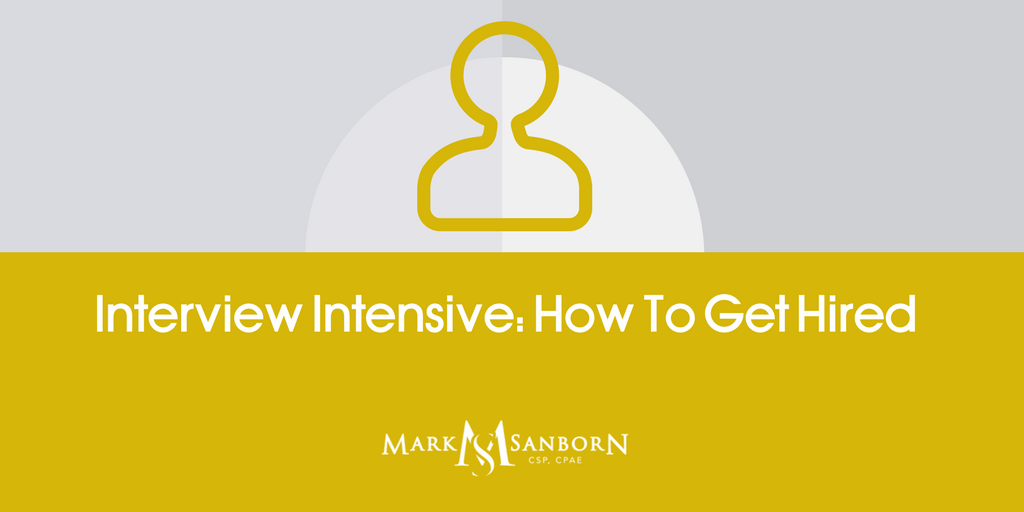If you’re looking for a job—now or in the future—and your skills and/or attitude are terrible, don’t read this.
If you are, on the other hand, a conscientious employee, a true contributor and deserve to be hired and compensated fairly, then do read what follows.
I just finished a grueling process of interviewing and hiring a new office manager/administrative assistant. While I didn’t learn much that was new, I was reminded of some critical concepts for getting the job you deserve. In no particular order, here are my suggestions:
- Be confident. If you aren’t confident in yourself and your abilities, why should an employer be? Speak up, shake hands and demonstrate that you are a competent and in control.
- Don’t whine. Yes, you’ll be asked to fill out work history and I9 forms (and if you aren’t, what kind of a bozo firm are you interviewing at?) Don’t complain or, even worse, say you don’t need to bother until you get the job (yes, I had an applicant do that).
- Do research on the organization where you are interviewing. It is called “the internet”—use it! If you’re too lazy to visit the company’s website, you’re too lazy to be hired.
- Be prepared. Interview questions might give you pause but they should never stump you. “Hmmmm, I’ve never thought about my ideal job before…” Being prepared isn’t only about knowing the employer’s company, it is about knowing yourself. What are you good at doing? What do you have to offer? What would you most like to learn? These are not difficult questions for the thinking person.
- If you’ve done it it ain’t bragging. Nobody likes an arrogant applicant, but overly humble applicants don’t get hired either. Talk about what you’ve done. Give examples. Whenever possible quantify results. You improved a work process? How? What were the measurable outcomes?
- Don’t trash talk former employers and colleagues. You can diplomatically explain differences of opinion without trashing a former employer. Face it: if you talk poorly about where you previously worked, you’ll probably do the same at your next job.
- Tell the truth. It aggravates me to need to say this, but I’ve encountered so much b.s. on resumes and in interviews that I can only conclude that the basic concept of honesty is sadly missing today. Spin sucks. Present yourself in the best light but keep it real.
- Ask good questions. When an interviewer says, “What questions do you have”? you better have some and they ought not to be stupid (oh yeah, there are stupid questions). No questions suggests a lack of curiosity and/or interest in the place you supposedly desire to work.
- Follow up. Send a thank you note. Somebody took time to interview you. That’s worth at least a little appreciation. My personal estimation is that less than one in five applicants follow up. Those that demonstrate initiative and appreciation, two desirable traits in a future employee.
- If you don’t get the job, don’t be a tool. Be gracious. Employers have friends who ask for referrals. They also have long memories. I’ve been able to pass along some terrific applicants that I couldn’t hire. I’ve also been mortified by applicants that seemed like nice folk but who turned unpleasant when they didn’t get the offer.
Times are tough and jobs in many areas and professions are in short supply. That doesn’t necessarily mean it is hard to get hired. The race goes not just to the swift but to the smart. Above all, be the kind of person any employer would love to have on the payroll. Once you’ve developed those attributes, pay attention to the simple suggestions listed above. The challenge of getting hired isn’t complex. While it requires some brainwork and effort, you’re up to it…if you really want the job.








